Egyptian Mythology
-
This week, I’ve decided to revisit the origins of this blog: Ancient Egypt! For my final two passion posts, I wish to dedicate them to my beloved region (Egypt) and my favorite deity (the identity of which will be revealed next week!). In this entry, allow me to introduce you to Sekhmet. Key Facts about…
-
The Divine Scribe: Seshat’s Role in Ancient Egyptian Culture Seshat, recognized also as Sefkhet-Abwy and Seshet, holds the esteemed title of the Egyptian goddess of writing. Her name translates directly to “female scribe,” and she is commonly illustrated as a woman with a leopard skin draping her robe, adorned with a headdress featuring a seven-pointed…
-
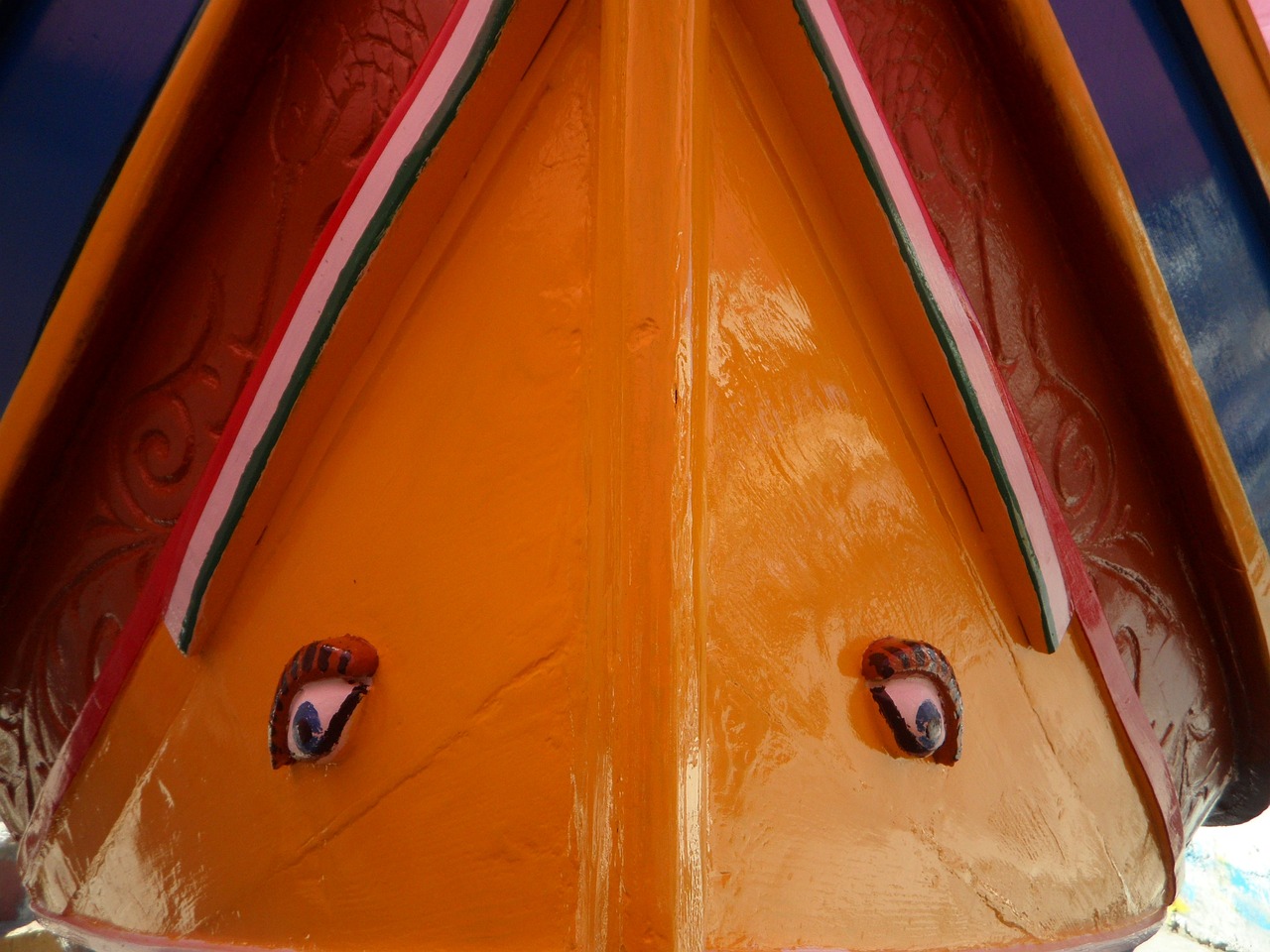
Osiris, the green-skinned god representing the afterlife, is among the most significant deities from ancient Egypt. Serving as a source of comfort for those yearning for life beyond death, he symbolized fertility brought by the Nile and served as a model for kingship. Osiris is unique in ancient Egyptian texts as the only god referred…
-
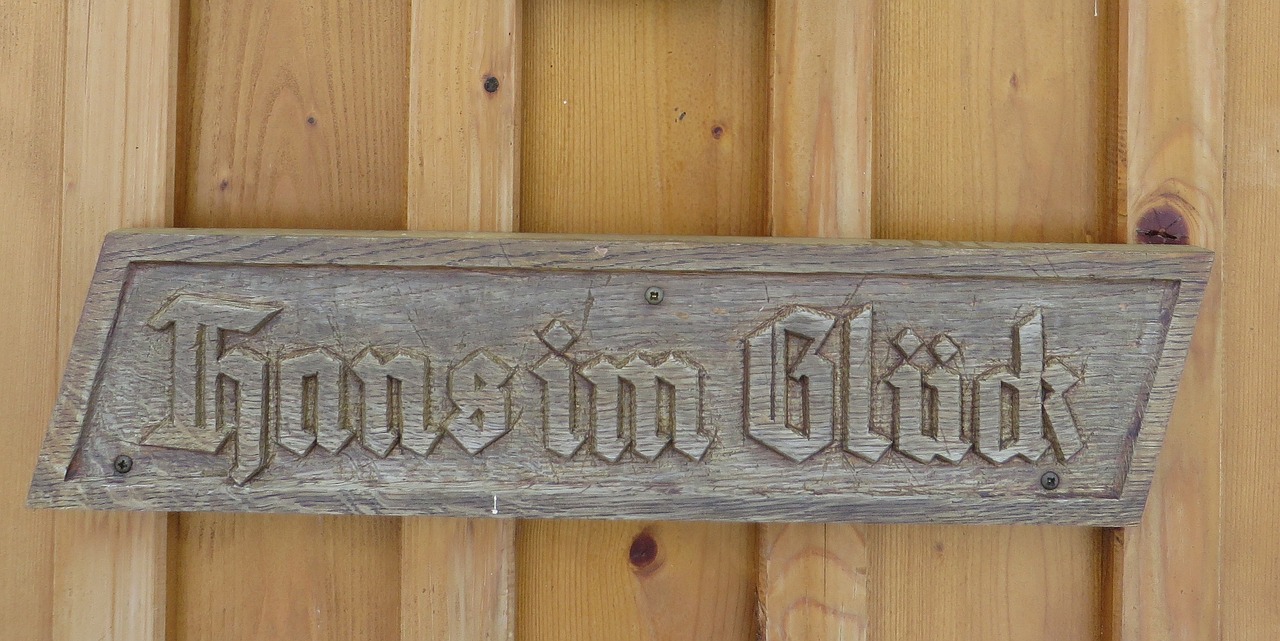
Hapi, known also as Hep, Hap, or Hapy, is recognized as a deity of water and fertility who was venerated throughout Ancient Egypt. His name is believed to have originally referred to the Nile before the Dynastic period when the river became known as “iterw,” which translates to “the river.” This term eventually became associated…
-
The Ancient Reverence for Ptah: A Creator God of Memphis Although not prominently featured in early Egyptian texts, the worship of Ptah in Memphis dates back to the late prehistoric era. Recognized as one of the key creator deities, Ptah was also the advocate for artisans and the guardian of Memphis. As Egypt transitioned through…
-
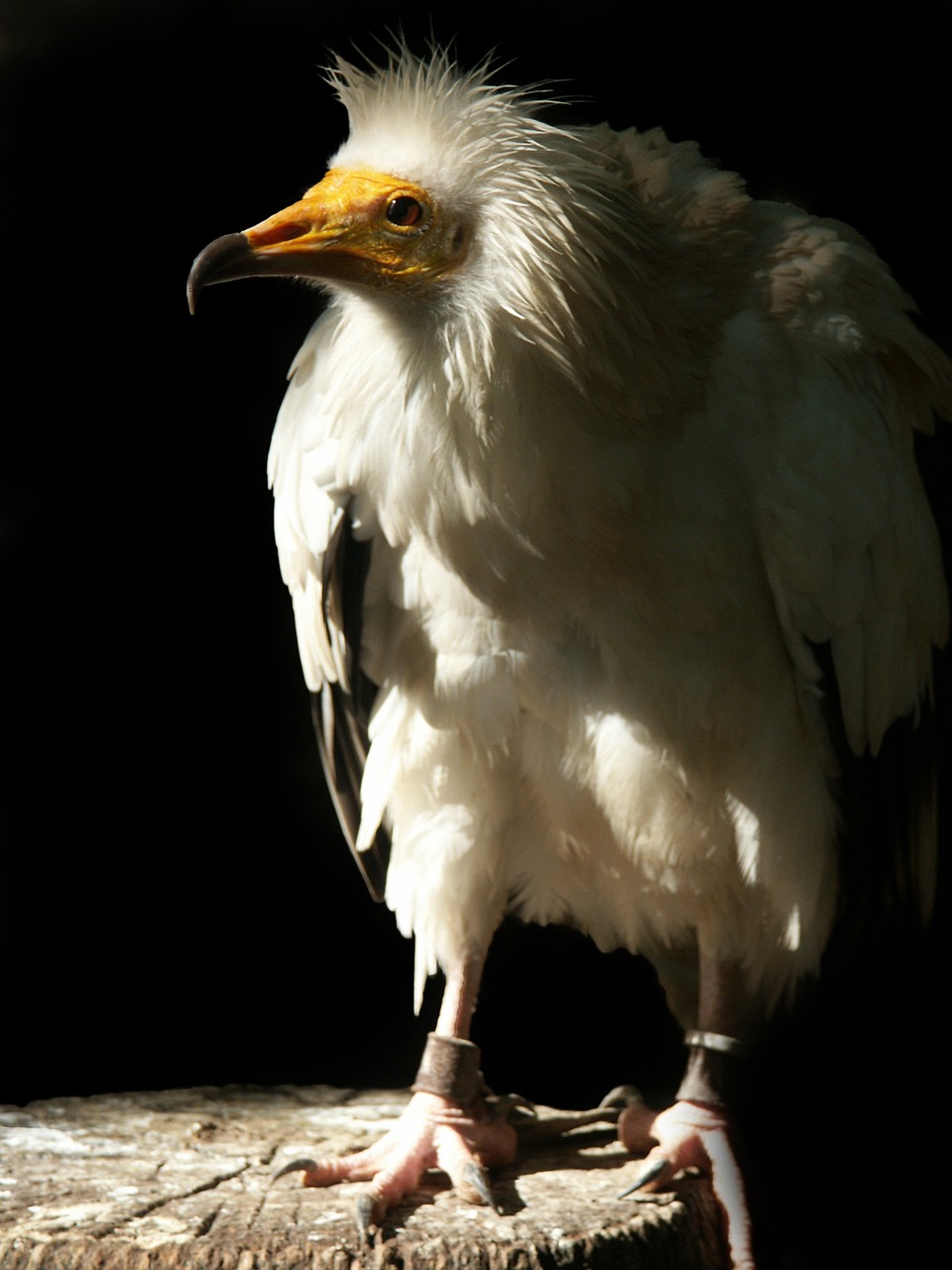
In the mythology of ancient Egypt, few deities evoke as much fascination and fear as Ammit, the grim Devourer of Hearts. This unique goddess, a terrifying blend of three formidable creatures—a lion, a hippopotamus, and a crocodile—played a crucial role in the ancient Egyptians’ beliefs surrounding the afterlife. Ammit: The Deity of Retribution Ammit occupies…
-
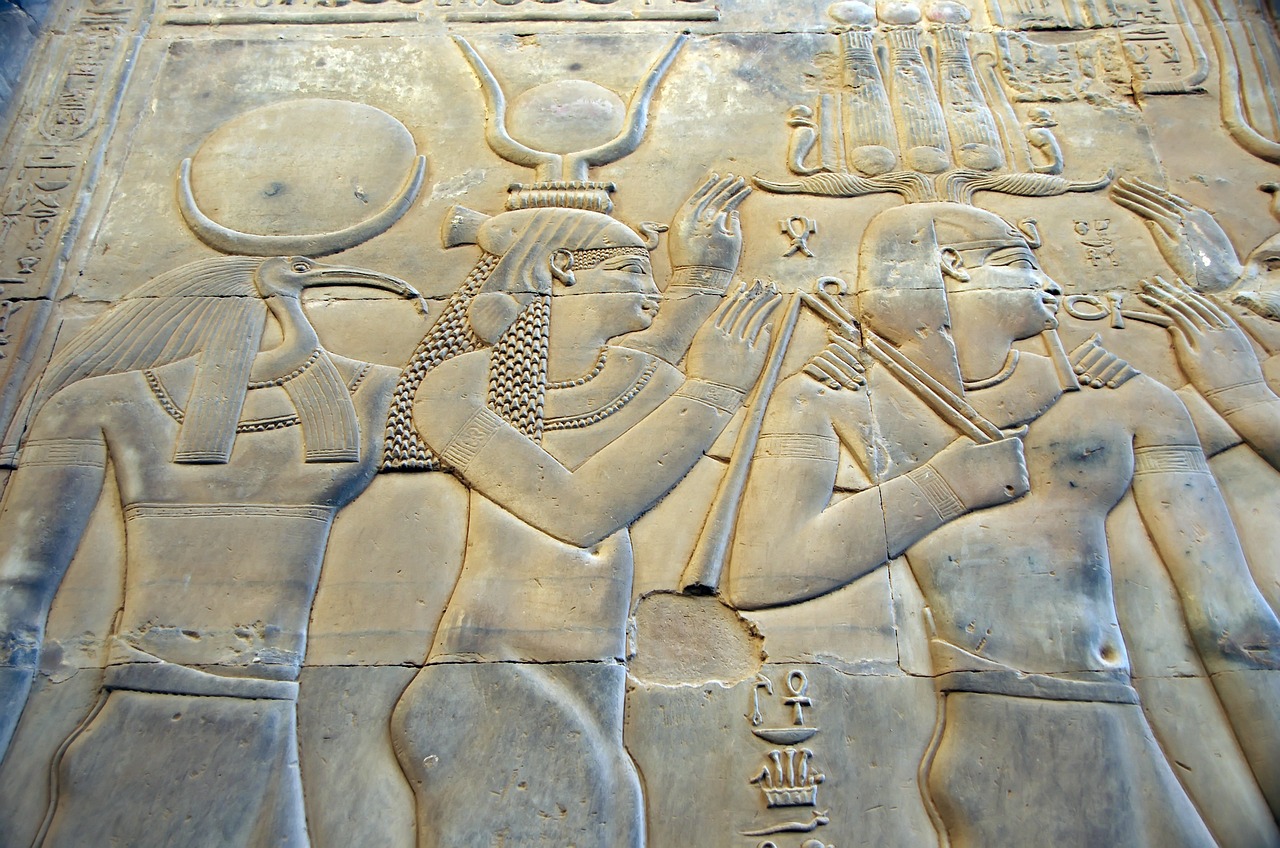
Thoth is revered as the Egyptian deity embodying writing, magic, wisdom, and the moon. He held a prominent position within the ancient Egyptian pantheon and is believed to have either self-created or been born from Horus’s seed, emerging from Set’s forehead. This duality of origin places him at the crossroads of order and chaos, emphasizing…
-
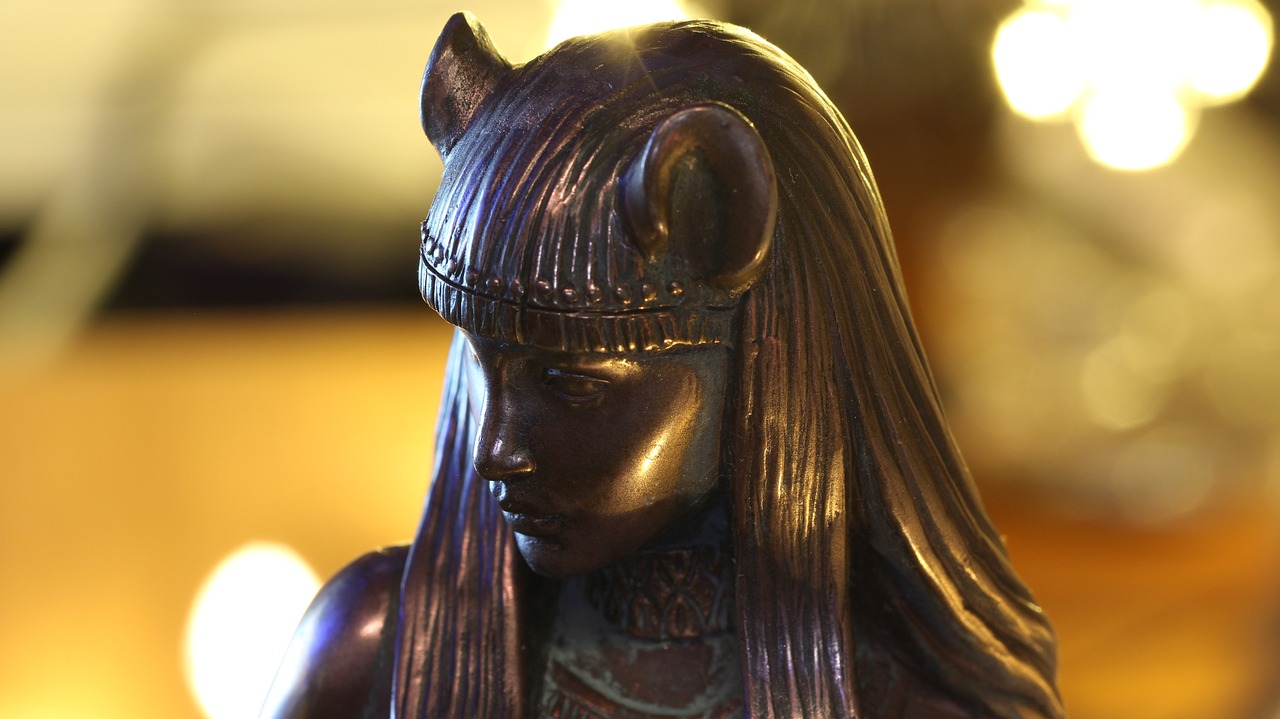
The Goddess Bastet: Protector and Nurturer in Ancient Egypt Bastet, a significant deity within Egyptian mythology, embodies the essence of home, domesticity, and guardianship. Symbolizing fertility, childbirth, and women’s secrets, she safeguarded households from malevolent spirits and illness, particularly those impacting women and children. Like many Egyptian deities, her influence extended into the afterlife, where…
-

Being an employee of Asana, I may have a personal preference, but there’s no denying that Asana stands out as an exceptional project management tool. It serves as a vital hub for my team, giving everyone a clear understanding of individual responsibilities and deadlines. This clarity has been crucial as we navigate changing priorities and…
-
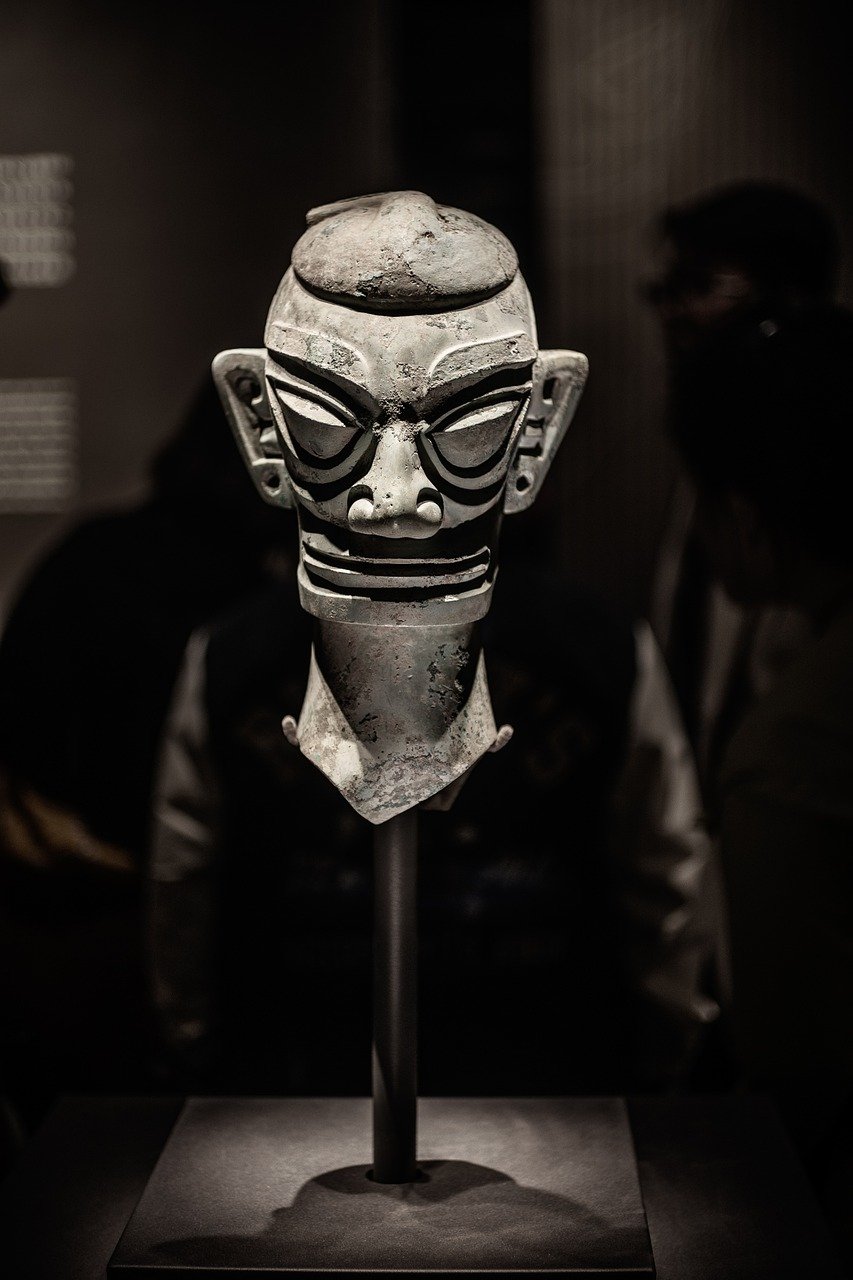
A few years back, the British Museum hosted an exhibition entitled Living with Gods, which suggested that religion is essential to our human experience. Despite some reservations I had about the exhibition, this concept intrigues me — if religion is vital, what role does it play in our lives? One fundamental aspect of religion is…


